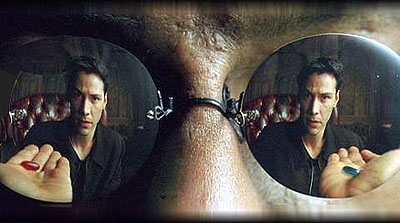
Matt Yglesias makes a point worth sharing about technology and economic growth:
It seems entirely conceivable to me that future technological progress simply won’t lead to that much economic growth. If we become much more efficient at building houses, that will increase GDP, because the output of the housing sector is selling housing. But the output of the health care sector is selling health care services, not curing illnesses, and sick people already buy a lot of health care services. People with cancer tend to buy cancer treatments. If
those treatments become more effective at curing cancer, that’d be great for patients and their families but it’s not obvious that it would raise “productivity” in the economic sense.
Yglesias provides a couple of example of this ambiguity. The printing press didn’t do much for GDP growth, because books just aren’t a big segment of the economy and never have been. But that doesn’t mean the printing press wasn’t a revolutionary invention. Likewise, if someone invented a pill that cured cancer, that might actually reduce GDP by eliminating all the money we spend on cancer care. But it would still be a huge contribution to human welfare.
This is a point that plenty of economists have made, but it’s worth repeating. Facebook is a big deal, but it hasn’t added an awful lot to measured GDP. In terms of the market economy, it employs a few thousand people, owns some buildings, and operates some large server farms. That’s not a huge contribution. On the flip side, if 100 million people spend more time on Facebook and less time going to the movies or reading books, it could actually be a net GDP loser. Ditto for video games, which might reduce economic output if the time and energy spent buying games and game consoles is less than what people used to spend all those hours on.
This isn’t a bulletproof case. It’s just meant to illustrate a point. If, in the future, we spend a lot more time on activities that are relatively cheap to produce—social networking, video games, virtual reality, etc.—we could end up in a world where people are as happy as they are now (or happier) with far less in the way of the traditional production of market goods. I doubt that this dynamic has had much effect on growth yet, but it’s quite possible it will in the future. Living in the Matrix is pretty cheap, after all.















